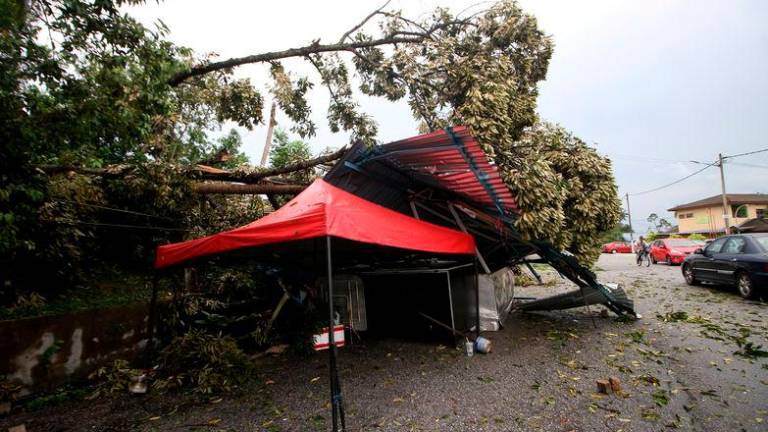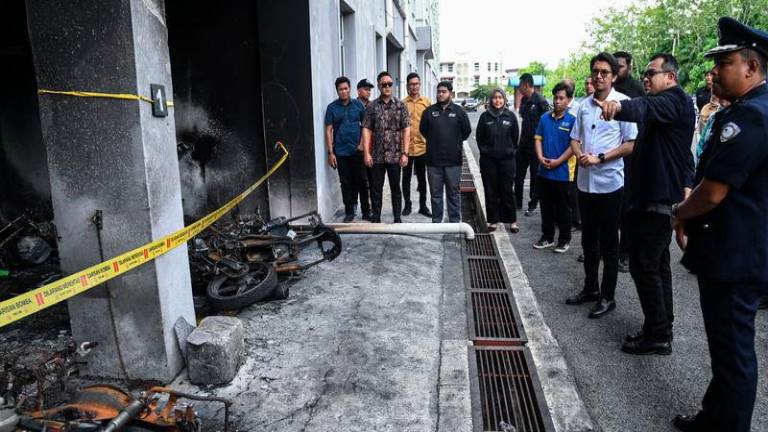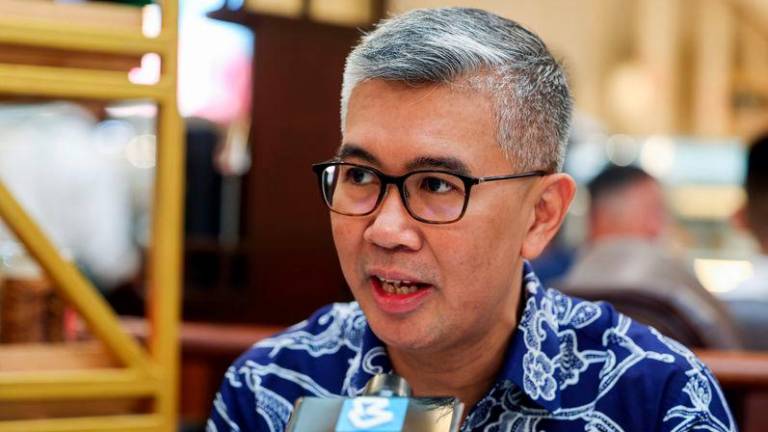WHEN Rhonwyn Hagedorn joined a social enterprise as an intern after completing her SPM, it was meant to be only for a year.
She participated in several programmes such as teaching English in the interior of Sarawak.
But nearly a decade on, she is still at it. Hagedorn, now 26, has in fact moved on to set up her own social enterprise called Project WHEE to empower the Kelabit community in Bario to take ownership of their lives.
Her focus now is to woo tourists to Bario to enable them to experience life the Kelabit way.
Hagedorn, who was born and raised in Peninsular Malaysia, had a culture shock on her first trip to Bario.
“Where I grew up, we had everything.But in Bario, there was no internet and no hot water, and the roads leading to the community were muddy,” she told theSun recently. “No one prepared me for any of that.”
After 10 days, she decided to leave, and swore that she would not return.
“But somehow I stayed on. I have grown to love and care for the Kelabits. Now, I can’t wait to go back there because (I have realised) life without internet is so liberating. It was like a complete detox,” she said.
Hagedorn stayed with the social enterprise for two years before an opportunity came for her to launch one of her own.
It was in 2013 and she was only 19 then. But the state recognised her capability and gave her a grant to start Project WHEE.
“We were greenhorns but we had a lot of guidance,” she recalled.
“We just learned to do things along the way.”
It helped that she had already gained the trust of the Kelabit community, where she had previously taught the women how to use Microsoft Excel and to do product development.
Teaching English was an offshoot of the main programme that the parent social enterprise could not offer. Hagedorn took up the task with Project WHEE.
She now takes tourists to Bario to enable them to experience a slice of life among the Kelabits.
“My hope is that they will take home good memories of their time interacting with the people here and in doing so build a bridge between Peninsular Malaysia and Borneo.”
She also hopes to give Malaysians the experience of other customs and traditions beyond the three main cultural groups.
Hagedorn said Malaysians should travel and see more of their own country. “Unfortunately, few from Peninsular Malaysia opt to visit Sabah and Sarawak for holidays. They’d rather go to London or South Korea,” she said.
“When you are abroad, what would you do if you’re asked to sing a song from your homeland but you don’t know any? If you travel domestically, you’ll have a better understanding of the diversity within Malaysia.”
But for now, with the country yet to be declared Covid-19 free, she prefers to err on the side of caution even though the restrictions on domestic travel have been lifted under the recovery movement control order.
“There are many elderly people in the Kelabit community and they are in the high risk group,” she said.
In the meantime, she is already looking beyond Bario.
“I would like to replicate this model for other culture groups in Sarawak, such as the Lun Bawang from Ba’kalalan.”
Read this story on our iPaper: Ordinary people, extraordinary lives: Finding her calling in remote Sarawak village










